McKinsey exp hire candidate here. Will the first phone case be relatively simpler or more straight forward compared to future live interviews? Does the complexity of case rise every round? Thank you.
Werde aktiv in unserer Community aus über 451.000 Gleichgesinnten!
Is the first McKinsey Phone case supposed to be simpler or easier than second/future round cases?
Übersicht der Antworten
Hi,
I've worked with many candidates who have been through phone, rd1 and final round interviews with McKinsey (I am in final round myself). This is what I have observed:
- The phone case is generally easier in terms of the questions asked - they cant show you exhibits or give you a whole stack of numbers so the quant is fairly straightforward.
- The phone case only goes for 20-30 minutes Vs Round 1/2 which could go for 45 mins.
- The phone cases are generally easier in terms of question and content HOWEVER....
Many people I know have been cut at phone interview, whom i believe could pass Round 1. 1 simple miss of a 0, failure to really talk the interviewer through your logic and structure or failure to build rapport are all some of the reasons why. It appears to be that because it's just a phone round, the interviewer has more strict criteria and do not have any room for error. In round 1 when you're sitting in front of them, they can see and help you its more like solving the case 'together'. There is no attachment or rapport and therefore its very formal and i believe, quite hard to pass and do it well. The case in the phone interview normally holds 100% weighting too, there is rarely PEI.
Hope this gives you a little more clarity.
First rounds are typically "easier"; not the quotes though: each round really has different objectives.
At a very high level, I'd say the test (PST at McK) is here to weed people who can't do math or logic; the first round is here to eliminate folks who can't do the job (hypothesis-driven analysis, insights, summary...).
Once you get to the final round however, the assumption is that you can do the job; at this point, the selection is more about who the best person is: there might be 3 candidates for 1 position; all three can succeed, but only one is "best".
Tactically, the final round will be more about how you interact with people (rapport building), where as the first round is more about how you think through a problem (mechanics).
Note: this is directionally right, not a 100% rule obviously.
Good luck!
I would say the same!
Dear A!
Basically, the structure is the same (fit + case+ your questions); however, there is more emphasis on communication and fit to the company.
Specifically, the main difference you will find in future rounds with partners is that at that stage they spend more time on fit questions and your alignment with the company.
So prepare more carefully you fit stories on the questions: About yourself, Leadership story, Why consulting? Why this company? Questions to the interviewer.
Best,
André





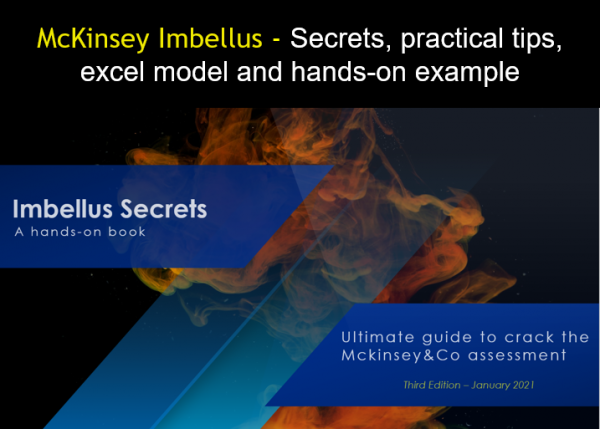


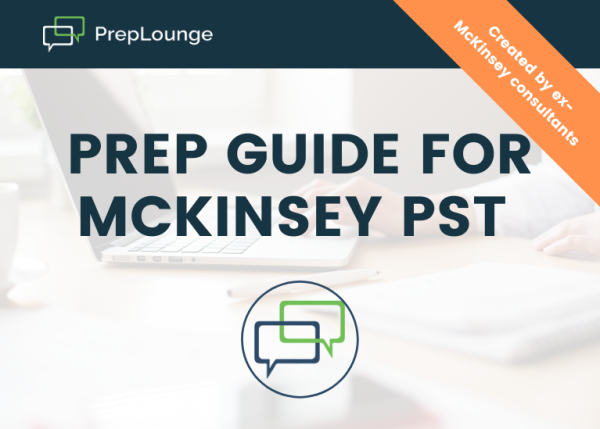
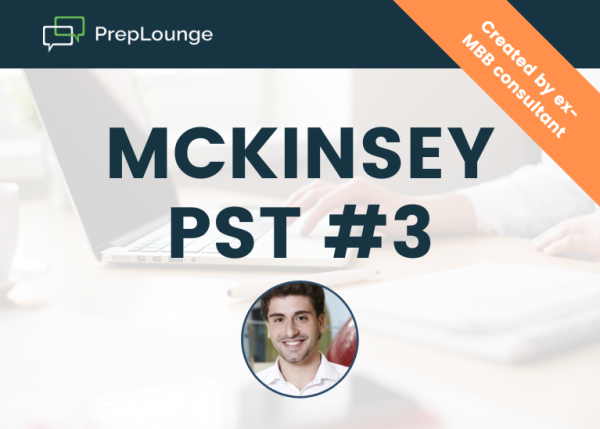
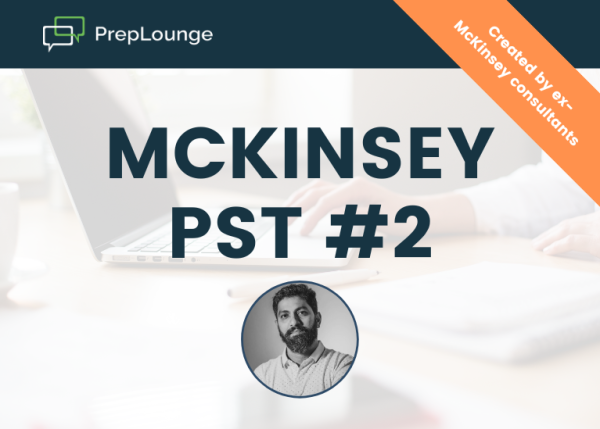
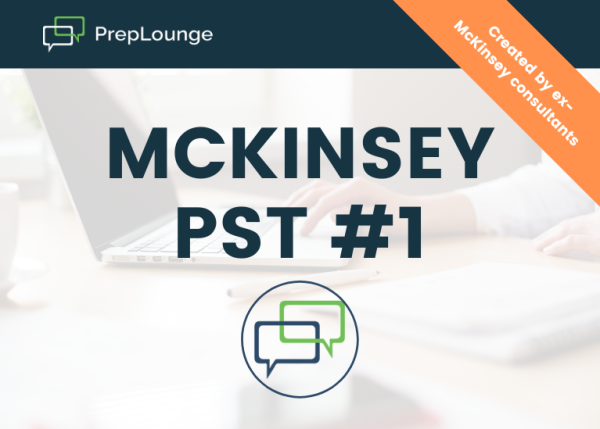
good insight
(editiert)